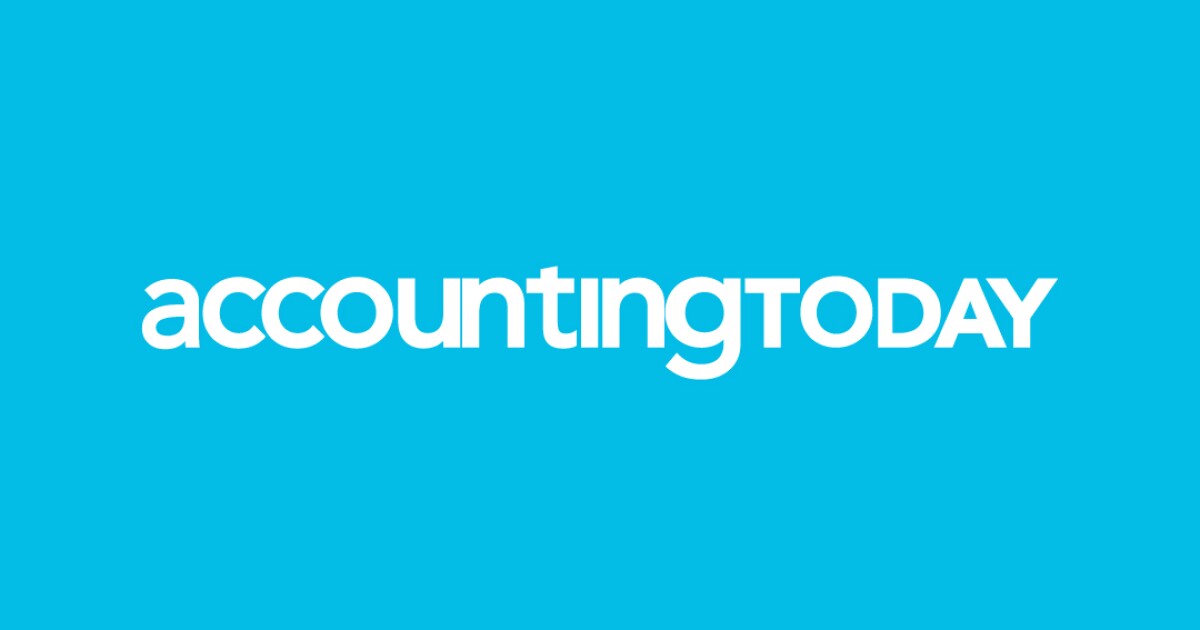‘At a meeting of 60 or so technology executives and thought leaders held at the headquarters of the American Institute of CPAs recently, one of the execs described her company’s origins thus: “It was way back when dinosaurs roamed the earth,” she said. “Right around 2014.”
In the pin-drop silence that followed, you could hear the whir of internal calendars recalibrating all over the room. Over the course of the rest of the meeting, various other speakers surmised that the rise of cloud accounting must have occurred around the time life first crawled onto land from the primordial seas. Going further back, other brave chrononauts discovered that the mass consolidation among software vendors that reduced the number of tax and accounting software packages from dozens to a mere handful hadn’t, in fact, occured in the late 1990s but, rather, right around the time the sun first coalesced from a ball of formless gas.
For some of the older folks in the room, this rechronologization left large chunks of our careers wandering the trackless depths of the early universe just after the Big Bang — which raised several questions, mostly about the worth in today’s world of everything we’d learned and experienced back then. (And by “we” and “our,” of course, I really mean “me” and “mine.” Most of the other attendees were paying rapt attention to the rest of the meeting, rather than spinning off into a dark spiral of temporal angst.)
The fact is that, as the future comes at us faster and faster, the past recedes further and further away. What’s new and what’s coming take up more and more of our time and our focus, to the point where they can seem like all that matters — and to a certain extent, that’s true.
“Tomorrow ousts today,” Roman poet Horace wrote 2,000 years ago, at a time when the ousting took place at a much more sedate pace (though it probably didn’t seem so sedate at the time); now tomorrow is particularly impatient to replace the old with the new, and it is more important than ever to keep up. As the past and all that’s associated with it recedes at an ever-faster pace, being outdated in anything — technology, skill sets, business strategies, service offerings, employment practices, marketing tactics — becomes more and more dangerous.
This means that everyone will face the inevitable moment when much of their past took place in a period so remote that it feels like ancient history (I’m thinking particularly of the 1990s, but you may be thinking of the aughts, and it won’t be long before the teens and the COVID era are dwindling in the rearview mirror), and we’ll have to acknowledge that it no longer makes sense to run things by the rules and received wisdom we learned in those bygone eras. How things were done “when we were coming up” will no longer matter; in fact, it may actually be harmful.
The accounting profession, like so many others, has traditionally privileged experience and the proven models of the past, but going forward it will need to rely on them much less, while being ready to adapt to and adopt the new much more quickly. Realizing that everything that went before should no longer be the default for what we do now or in the future will be a critical change the profession needs to make — at the same time, though, it will also be critical to remember that what went before may still have value, and not to immediately discard it simply because it happened so long ago.
Our pasts, for better or worse, are no longer reliable guides to our futures. They will always, however, offer valuable lessons for those who wish to learn them.


